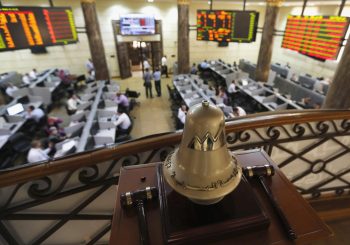President Sisi reappointed Hassan Abdalla as Governor of the Central Bank of Egypt (CBE) on Sunday, 18 August, extending his term to August 2025.
Abdalla has served as Governor since August 2022, following the resignation of his predecessor, Tarek Amer, who was controversial for his devaluation of the Egyptian Pound. Abdalla’s time in office has seen Egypt’s economy mired by Russia’s invasion of Ukraine in February 2022 and the conflict in Gaza since October 2023.
Thus far, Abdalla’s monetary policy has focused on transitioning Egypt’s exchange rate to be more flexible whilst grappling with record-high inflation. To do so he secured a USD 8 billion loan under the Extended Fund Facility from the International Monetary Fund (IMF), a global organisation that works to support the economic and monetary policy of its member states. The agreement included promises to move towards a flexible exchange rate system.
Historically, Egypt has relied on a fixed exchange rate whereby the Egyptian Pound’s value is determined by the CBE, leading to its value being artificially inflated. Exchange rate flexibility means the value of the Pound would be determined naturally by market forces.
This is important as it reduces foreign currency shortages, sudden drops in the Pound’s value and facilitates healthy export sales. However, the Pound’s value has continued to experience volatility, with the Pound depreciating against the dollar approximately 154 percent under Abdalla’s 2-year tenure. Inflation reached a high of 38.1 percent in October 2023, and has slowly fallen to 25.67 percent.
Abdalla’s other strategies for managing inflation have been to raise interest rates, with lending rates currently standing at 28.25 percent. He has also collaborated with a range of foreign and development banks, signing agreements with Kuwait, Saudi Arabia, China and the UAE to secure loans and trade deals.
Abdalla has over 40 years of experience in the banking system, working nationally for 16 years as the CEO of the Arab African International Bank (AAIB), as well as internationally in Hong Kong and London-based firms.
Legally, the CBE is an independent institution. It is primarily responsible for issuing monies in different forms, managing exchange and interest rates to reduce inflation, and supervising the banking system.







Comments (0)